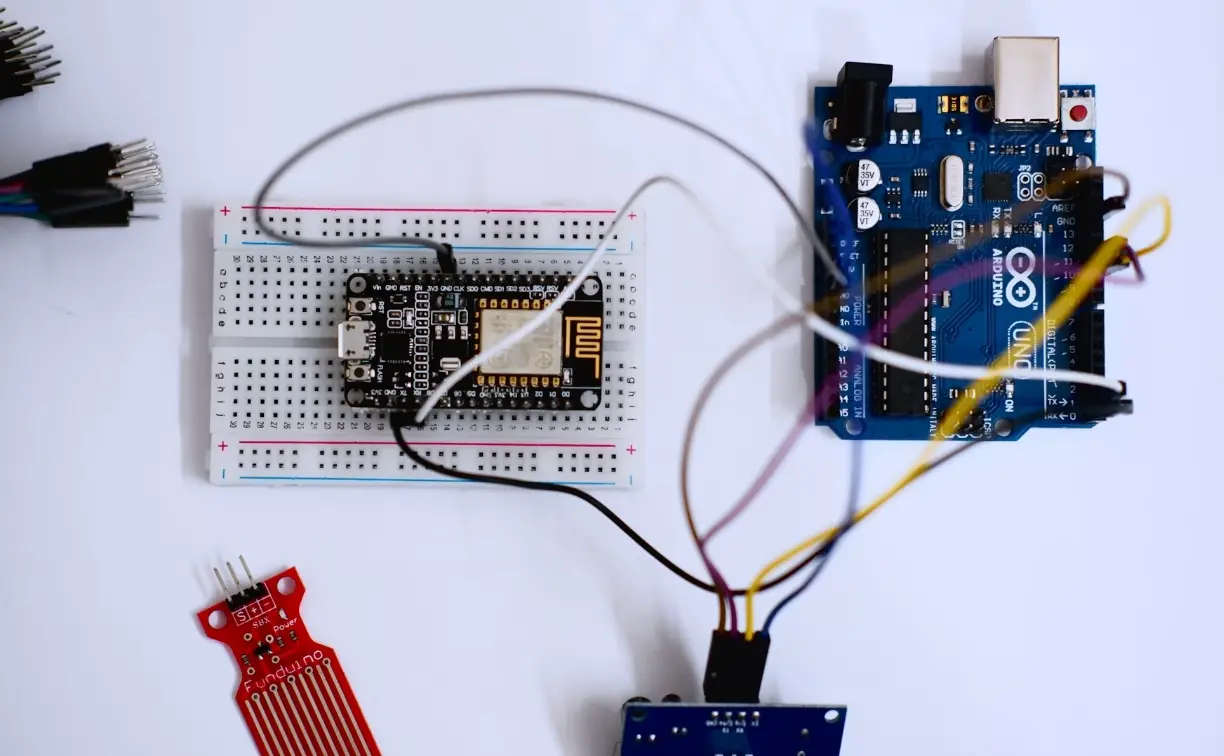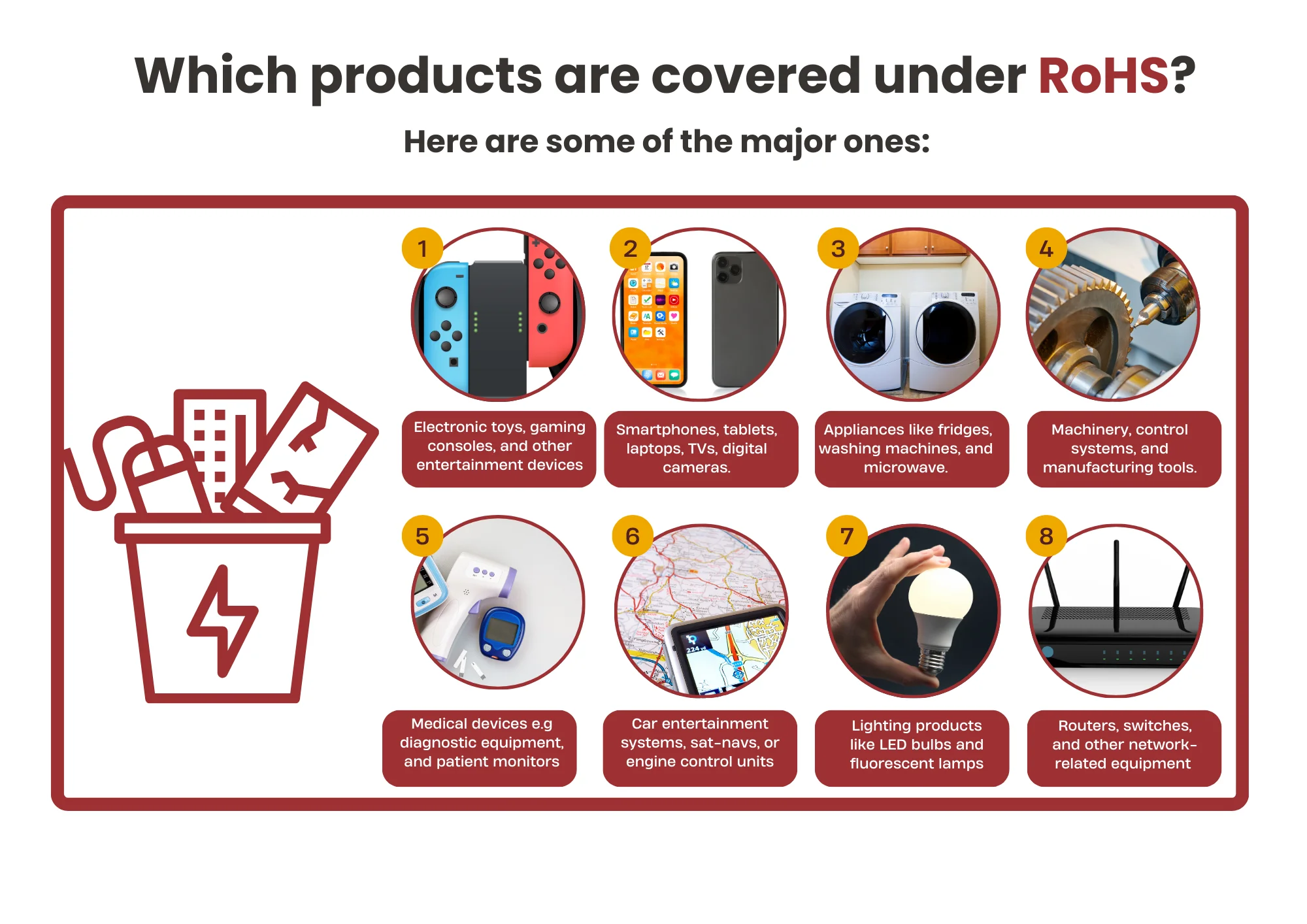
Australia RCM Certification Process
RCM stands for Regulatory Compliance Mark, a label introduced in Australia and New Zealand to replace the previous SAA, C-Tick, and A-Tick marks. This unified symbol indicates that an electrical product complies with safety and EMC requirements. It applies mainly to radio communication products and electrical devices. The mark is a trademark of the regulatory bodies in Australia and New Zealand.
rcm certification covers safety, electromagnetic compatibility (EMC), and radio communications requirements. Achieving RCM certification means that the product complies with the regulatory standards in both Australia and New Zealand and can be legally sold and used in these markets.
RCM certification is managed by the Australian Communications and Media Authority (ACMA) and the New Zealand Ministry of Economic Development (MED). Manufacturers or importers need to test and evaluate the products before obtaining the RCM certification to ensure compliance with the relevant technical regulations and standards.
Certification Details
- Certification Name: RCM
- Issuing Authority: Australian Communications and Media Authority
- Mandatory: Yes
- Marking Requirement: Yes
- Report Requirement: IEC/CISPR/EN
- Certificate Holder Requirement: Local Agent
- Processing Time: 2 weeks
- Certificate Validity: 1 year, 3 years, or 5 years
- Note: SAA (safety) can be converted via CB scheme.
Applicable Product Categories in Australia and New Zealand
RCM certification applies to various electrical and electronic products, including but not limited to:
- IT and AV products: Computer equipment, monitors, audio equipment, etc.
- Lighting: For example, T8 LED tubes, though fluorescent tubes require evaluation in Australia due to higher safety risks from user replacement.
- Electrical heating equipment: Electric heaters, ovens, etc.
- Refrigeration equipment: Refrigerators, air conditioners, etc.
- Power tools
- Components
- AC power supplies / transformers
- Electric motor-driven and heat-generating electrical products
- Electric tools and similar products
- Electric lights and similar devices
- Television receivers and audio equipment
- Information technology products
- Industrial, scientific, and medical instruments
- Ignition engines and arc welding equipment
Additionally, specific requirements may apply, such as random testing for plug-type adapters during RCM certification.
Certification Requirements
Australia classifies electrical product risks into three levels:
- Level 1: Low-risk products (DC powered) — EMC report is sufficient for RCM certification.
- Level 2: Medium-risk products (AC powered) — Requires both EMC and safety reports for RCM certification.
- Level 3: High-risk products (from a list of 61 categories) — Requires EMC and safety reports along with a government-issued certificate or recognized external certification (e.g., SAA) for RCM certification and EESS registration.
Certification Process
1. Evaluate product and determine testing standards: Third-party laboratories assess the product and define the necessary testing standards to meet safety, EMC, and radio communications requirements.
2. Product testing and reporting: Conduct necessary tests, including safety and EMC tests. If non-compliance is found, corrective actions are taken to meet Australian standards. Upon passing, a test report is generated.
3. Submit documents for review: Submit the test reports to the Australian certifying authority for document review to ensure compliance.
4. Obtain RCM certification: After successful review, the Australian agency issues the RCM certificate, proving the product meets Australian regulations.
5. Complete online registration: Customers may either complete the registration themselves or delegate it to the laboratory. This step ensures that product details are recorded in the official database for easier management and supervision.
Application Process
1. The third-party testing lab evaluates the product and determines the necessary testing standards.
2. If non-compliance is found, the lab will make adjustments to meet Australian standards.
3. Once the product passes testing, the lab issues a test report.
4. The test report is submitted to the Australian certifying body for document review.
5. After approval, the Australian authority issues the RCM certificate.
6. The customer may either complete the online registration themselves or have the laboratory handle it.
Note: RCM certification can only be applied for by an Australian company, which must apply for an RCM number from the Australian government. Chinese manufacturers and exporters can apply for IEC or AS/NZS reports in their name, but the report must be submitted by an Australian importer for RCM certification. RCM can be understood as a registration system that includes SAA and C-TICK.
Email:hello@jjrlab.com
Write your message here and send it to us
 FCC Certification Testing for Smart Lighting Produ
FCC Certification Testing for Smart Lighting Produ
 What is the ETSI EN 303 645 Testing Standard?
What is the ETSI EN 303 645 Testing Standard?
 UL Compliance and ETL Certification for LED Lighti
UL Compliance and ETL Certification for LED Lighti
 What is the IEC 60598 Standard?
What is the IEC 60598 Standard?
 What is the Canada IC Logo?
What is the Canada IC Logo?
 EMC Pre Compliance Testing
EMC Pre Compliance Testing
 PAHs Testing (Food and Textile)
PAHs Testing (Food and Textile)
 Where to Apply for the EU RoHS Test Report?
Where to Apply for the EU RoHS Test Report?
Leave us a message
24-hour online customer service at any time to respond, so that you worry!




